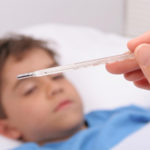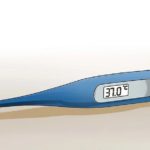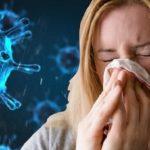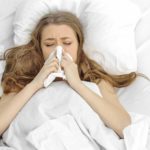1. Symptoms, signs of identifying Covid-19 infection
Symptom 1: Fatigue
Feeling tired may indicate that your body is signaling a new virus-induced pneumonia.
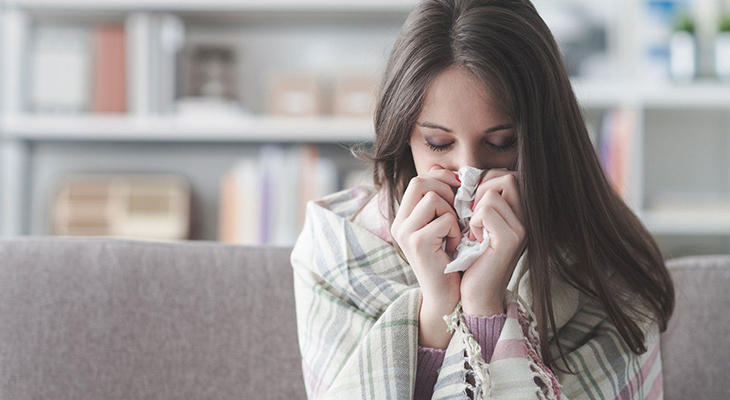
Symptom 2: Dry cough, sore throat
Dry cough, even with thick mucus and foam, is a typical and severe symptom of COVID-19. It does not improve with regular cough medicine.
Symptom 3: Fever
Not all COVID-19 cases have a fever, but it is considered a sign for screening suspected cases. The degree of fever may vary.
It is recommended to regularly check body temperature at home if there are signs of fever.
There are also less common symptoms such as loss of taste or smell, stuffy nose, conjunctivitis (red eyes), sore throat, headache, muscle or joint pain, various types of skin rashes, nausea or vomiting, diarrhea, chills, or dizziness.

The serious symptoms of COVID-19 include difficulty breathing, loss of appetite, feeling anxious, persistent pain or pressure in the chest, and fever above 38°C.
2. Development time of symptoms
The average time from contact with COVID-19 to the onset of symptoms is 5-6 days, but it can be as long as 1-14 days.
Therefore, people who have been in contact with the virus should stay at home and away from others for 14 days to prevent the spread of the disease.
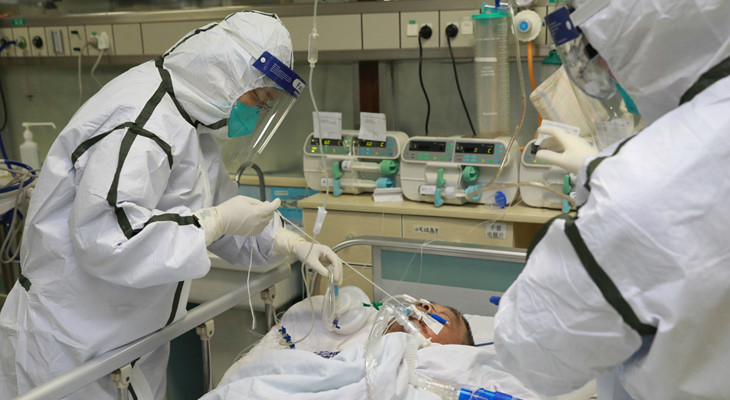
3. What to do when there are signs of Covid-19 infection
Self-isolate: If there are signs of suspected Covid-19 infection, isolate yourself in a separate room or area in the house away from other people and monitor your health.

Call the hotline for advice: Contact the hotlines of the local health agency or the Ministry of Health (phone numbers 1900 3228 or 1900 9095) for guidance on testing and further actions.
Go to the health facility: If experiencing difficulty breathing or chest pain, go to a healthcare facility immediately. Call ahead to the facility or hotline for guidance and wear a medical mask during travel and healthcare procedures. Maintain a distance of at least 2 meters from others and avoid touching surfaces with your hands.
Notes when engaging in activities: Cover your nose and mouth when coughing or sneezing with your elbow, fabric, tissue, or paper towel. Dispose of used masks and tissues into a tightly sealed container or bag and tie the mouth tightly.

Wash hands regularly with soap or hand sanitizer: The Ministry of Health recommends washing hands regularly with soap after coughing, sneezing, and after disposing of masks and tissues.
Use personal items: Use personal items such as drinking cups and utensils after experiencing symptoms of fever, cough, and difficulty breathing to prevent cross-infection in the family.
Limit going to crowded places: Additionally, limit the use of public transport and avoid going to crowded places, workplaces, and schools.
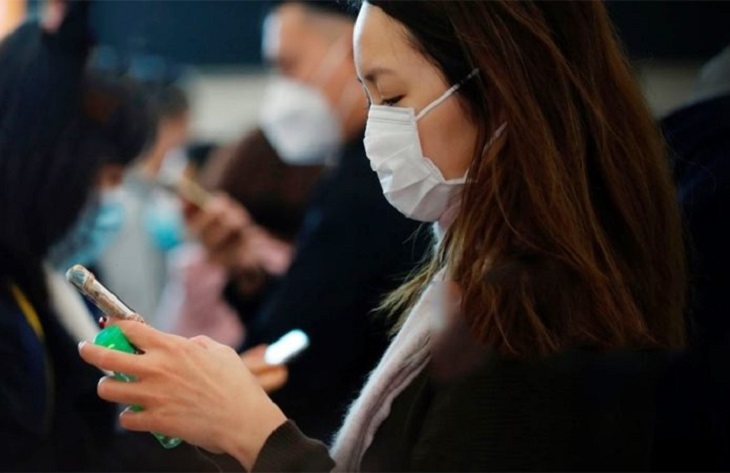
Report health status: Individuals with symptoms of Covid-19 infection should inform employers, schools, and relevant authorities for timely guidance.
Source: Ministry of Health and World Health Organization
Above is an article instructing what to do when there are signs of fever, cough, and difficulty breathing during the Covid-19 pandemic. It is important for individuals to be aware and respond promptly to signs of Covid-19 virus infection!
Covid-19, Cold, and Flu and Bolster Your Immunity’>How to Recognize the Difference Between Covid-19, Cold, and Flu and Bolster Your Immunity
Fever Without a Thermometer’>Checking for a Fever Without a Thermometer
The Risk of Underestimating Getting Caught in the Rain
No matter the weather, getting caught in the rain can be an unwelcome occurrence. While one may think that it’s no big deal, it’s important to take measures to get yourself dry and warm after such an experience. Don’t underestimate the effects of the rain – it can be more damaging than one may think.
























